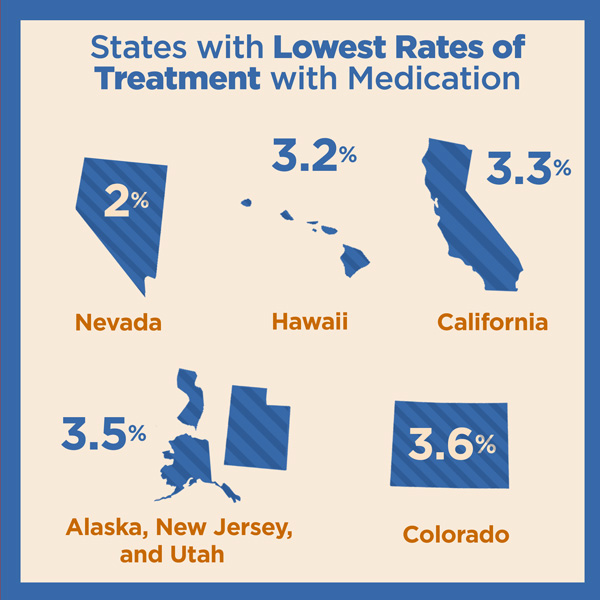
What is ADHD? Definition – ADHD is a neurological dysfunction of the central executive functions of the brain.
Neuroimaging, neuropsychological, and medical research tell us a few very important facts about ADHD: ADHD isn't a mental disorder. And, there's no known cause. It is believed to have roots in the inability to manage impulsivity, hyperactivity, and impulsivity in children.
What is ADHD like? There are many ADHD symptoms, but they all seem to start in the same place. You might experience: distractibility, disorganization, irritability, impulsivity, restlessness, hyperactivity, lack of focus, hypersexuality, aggression, depression, and irritability.
What is ADHD like from a parent's point of view? Parenting an ADHD child can be a challenge. Children who suffer from ADHD tend to be easily distracted, have poor self control, are impulsive, have poor judgment, tend to be more talkative than normal, are often irritable, and seem to lack self-confidence and empathy. So when parenting an ADHD child, a parent needs to work with the child to help them change these negative characteristics, learn how to organize their thoughts and actions, manage impulsivity and their hyperactive response to stimuli, learn how to focus their attention, teach self-control, and to provide structure and consistency in daily routines.
What is ADHD like for your school-age child? A child who suffers from ADHD has trouble focusing, concentration, memory problems, hyperactivity, distractibility, and trouble finishing a task or completing a task within the prescribed time. If your child exhibits these symptoms in school, it is essential for you to seek help and support from a school psychologist, special education teacher, or other trusted sources of information.
What is ADHD like for your school-age child? If your child is diagnosed with ADHD, it is imperative that you seek out assistance from a school psychologist, special education teacher, or other trusted source of information to help with their behavior problems at school and at home. ADHD can be a real challenge for a child to overcome, and they may require special care if they do not get treatment early on in life.

So, what is ADHD? It is hard to answer some of these questions, but it is something that is difficult for any parent to understand without first knowing more about what ADHD really is, how it works, how to treat it, and why it is sometimes treated so differently than other conditions. We don't know the cause, but we do know some good facts that we can use to find the answers and the ability to provide support to our children.
For one thing, we know that ADHD is not contagious and that there is no known way to actually get rid of it. In fact, many doctors will prescribe psychostimulants, anti-depressants, or antidepressants in order to bring about a positive result. However, there is no real evidence that these medications actually work, or that the results are lasting. as they come and go over time. So the question becomes, what causes ADHD in the first place. And how can we treat it.
There are many theories as to what causes ADHD, but they all share a common thread
That is, in order for a child to achieve good results, it must be addressed at an early age. So most parents start by diagnosing the child with ADHD and treating it before it gets out of hand. Once the diagnosis is made, the parent then works with a health care professional to find the underlying cause(s) of ADHD so that the child can be cured, and not just controlled, which is what most people believe is the case.
One of the ways to diagnose ADHD is to ask the child's needs, wants, desires, habits, or activities, and then work to match up those needs and desires with the activities that will be helpful to the child. Once the diagnosis is in hand, the parent can then create a plan that works and work closely with the doctor to make sure that the plan is followed. One of the main ways that ADHD is treated is through a program that can help them manage their symptoms through positive reinforcement and positive rewards. This can be done by having a regular bedtime routine, getting them exercise, having a snack, and scheduling a certain amount of time to get ready in the morning.
Behavior therapy is also one of the treatments for ADHD that many parents use to treat their children. It can involve both medication and behavior therapy, but can be a more effective long term solution than medications alone.
Leave a Reply